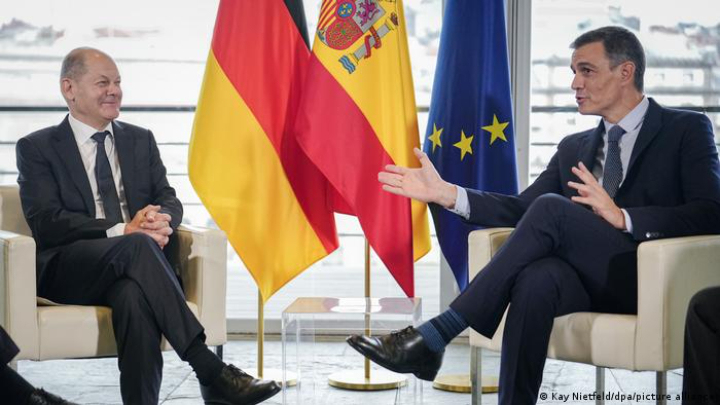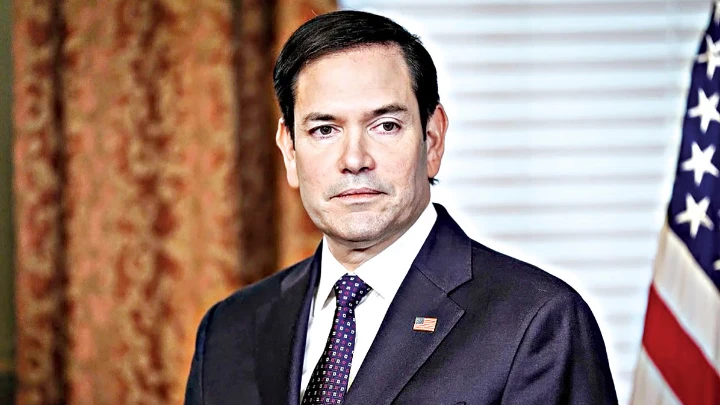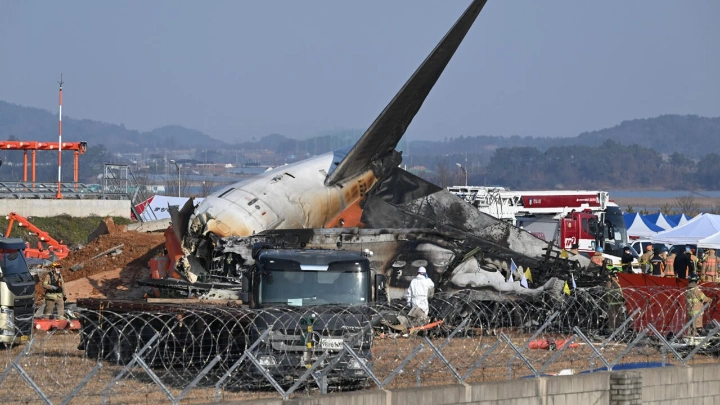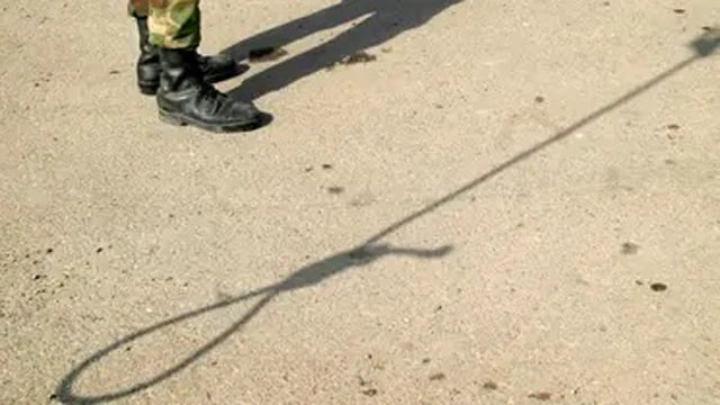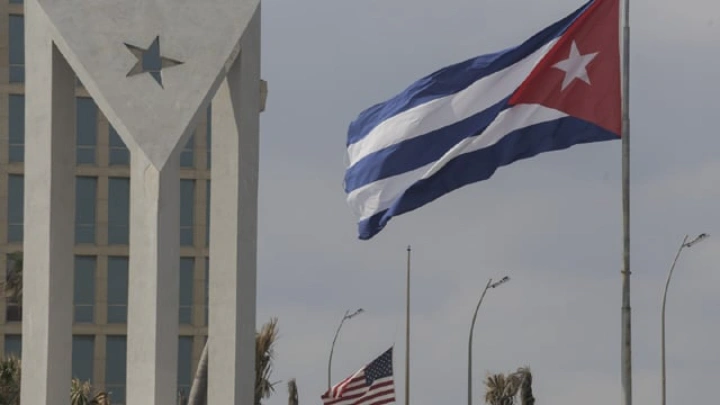Germany-Spain summit: Pyrenees pipeline project is of 'paramount importance'
Shining BD Desk || Shining BD
Germany's Olaf Scholz and a contingent of top ministers are in Spain for talks on the spiraling energy crisis in Europe. The two sides hope to breathe new life into a pipeline project, despite opposition from France.
Spanish Prime Minister Pedro Sanchez and German Chancellor Olaf Scholz presented a united front on reviving a gas pipeline project that would require support from France.
Sanchez and Scholz met Wednesday following a day of bilateral talks that were dominated by Russia's invasion of Ukraine and energy concerns in Europe.
The German-Spanish government summit, which was last held in 2013, is taking place in the northwestern Spanish city of A Coruna.
What did the two sides agree on?
Security, defense and energy issues were at the forefront of the bilateral talks.
One of the biggest topics was Spain and Germany's determination to develop a pipeline across the Pyrenees mountain range.
"Thus, the construction of a sufficiently big hydrogen-ready gas pipeline across the Pyrenees to be operative by 2025 is of paramount importance in order to achieve a truly robust internal energy market within the EU, accelerate the green transition and reinforce EU's strategic autonomy," a joint action plan said.
The two sides also agreed to "significantly strengthen our deterrence and defense for the long term" in line with the agreements reached at a NATO summit in June.
"Europe is not at peace," the governments' statement said, adding that Berlin and Madrid stand in full solidarity with the Ukrainian government in the face of Russia's invasion.
Germany and Spain also underscored their commitment to a "feminist foreign policy" aimed at strengthening rights and representation for women and marginalized groups.
Accompanying Scholz at the talks were top Cabinet ministers, including Foreign Minister Annalena Baerbock, Economy Minister Robert Habeck and Finance Minister Christian Lindner.
They were set to sign numerous bilateral agreements with their Spanish counterparts later on Wednesday evening.
Why are the pipeline talks difficult?
Germany, in particular, is eager to shore up natural gas pipeline alternatives to Europe. Russia was Germany's main supplier of natural gas, but Moscow has severely reduced the flow of Russian gas to Europe.
Madrid and Berlin want to revive the MidCat gas pipeline that would link the Iberian peninsula to the rest of Europe by running through France.
"Unfortunately, due to a lack of connections, we have not yet been able to make Spain's full capacities in liquefied natural gas and electricity available to the rest of Europe," Sanchez said.
The French government, however, is less enthusiastic about a possible pipeline project. The original MidCat project was launched in 2013, but was suspended in 2019 amid environmental concerns and after it was found to be financially unviable.
Last month, French President Emmanuel Macron voiced his opposition to the MidCat pipeline, saying that two already existing pipelines that run across the Pyrenees are currently under-utilized.
However, Scholz said following his meeting with Sanchez that he did not believe Paris had ruled out the pipeline.
"We do not have the impression it has been ruled out," Scholz said. "Some connections are maybe not economic every day, but they can become it."
The German and Spanish governments want to revive the MidCat project and expand it so that it could be used to transport renewable gases instead of just natural gas, saying it could help make Europe more energy independent and boost the renewable energy transition.
Scholz said that Germany was also building its own LNG terminals, which would allow it to supply other countries in Central Europe. He added that the infrastructure could later be used for hydrogen.
What is the status on Germany's air defense plans?
While Spain and Germany are showing a united front in energy, the topic of defense is more fraught.
It is unclear whether they will discuss Germany's suggested European anti-missile defense shield.
Spanish media earlier reported that Germany invited Spain to take part in the defense project, but the Spanish government later issued a statement saying it hadn't received an invitation from Berlin.
In August, Scholz proposed creating a Germany-led missile defense system in eastern and northern Europe. Germany's Defense Minister Christine Lambrecht told Reuters news agency last month that Berlin hopes to make a deal on an air defense system with other NATO members during a meeting in mid-October.
By AP
Shining BD

